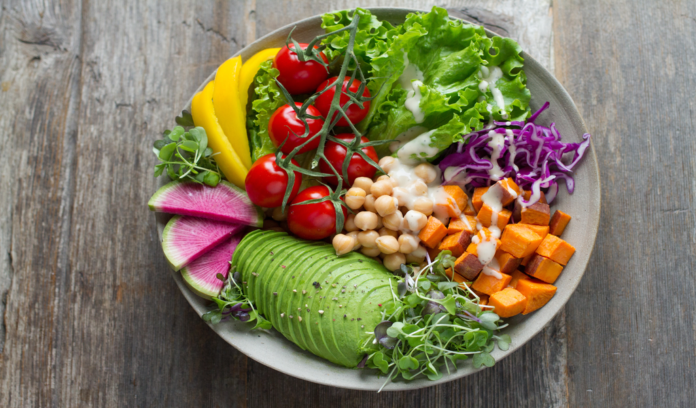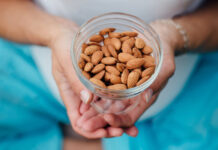Maintaining a healthy diet and regular exercise can not only help women feel better but also help boost their overall health in the long-term. Here are some anti-inflammatory foods that women should include in their diet.
What To Avoid:
- Avoiding spicy foods, smoking, drinking, high-calorie foods and fizzy drinks may help with the menopausal symptoms.
- Consumption of soy products can help you as soya contains a compound named Isoflavones that mimics the action of oestrogen.
- Cut down on saturated fats. Replace these with unsaturated fats. For instance, use olive oil in place of butter when cooking.
What To Do:
- Getting plenty of rest with good sleeping habits is essential.
- Workouts like Kegel exercises strengthen the pelvic floor muscles, which helps in preventing or reducing urinary/bowel incontinence. Meditation and breathing exercises can help relax the body and mind.
- Reduce alcohol intake and quit smoking.
- Whenever possible, opt for high fibre and wholegrain foods, such as wholewheat pasta, wholegrain breakfast cereals, and pulses (e.g. lentils and beans). Opt for fruit and vegetables as they are high in fibre content.
Anti-inflammatory Foods to add to one’s diet:
Berries: Berries are natural anti-inflammatory powerhouses. Berries support brain health, reduce blood pressure, and maybe good for the heart. With the cardioprotective benefits of estrogen, the benefits of berries in fortifying heart health are very important. Berries are also high in antioxidants that help in dealing with stress, which can help address insomnia, a common ailment among menopausal women.
Salmon: A great source of vitamin D, omega-3, and other fatty acids, salmon helps to decrease blood pressure, and support heart health. Research has shown the benefits of omega-3 fatty acids in addressing anxiety, depression, and in potentially helping in improving the mental health of midlife women. Vegetarian women can opt for omega-3 supplements as an alternative.
Legumes: Legumes like chickpeas, black beans, and kidney beans help in reducing blood sugar, and in increasing insulin sensitivity. In addition to providing calcium and vitamin D, legumes can also help in reducing the loss of bone density.
Whole grains: Whole grains must be part of a healthy diet for menopausal women. Whole grains like buckwheat and quinoa contain protein, fibre, vitamin B, and magnesium. These grains are also gluten-free that have a higher nutrition value than most traditional grains. Their fibre and protein content can help the satiety factor. In other words, it helps one stay full for longer.
Also Read: Habits that are unintentionally damaging your hair
To look & book wedding venues, vendors services, please log on to wedvendors.com










